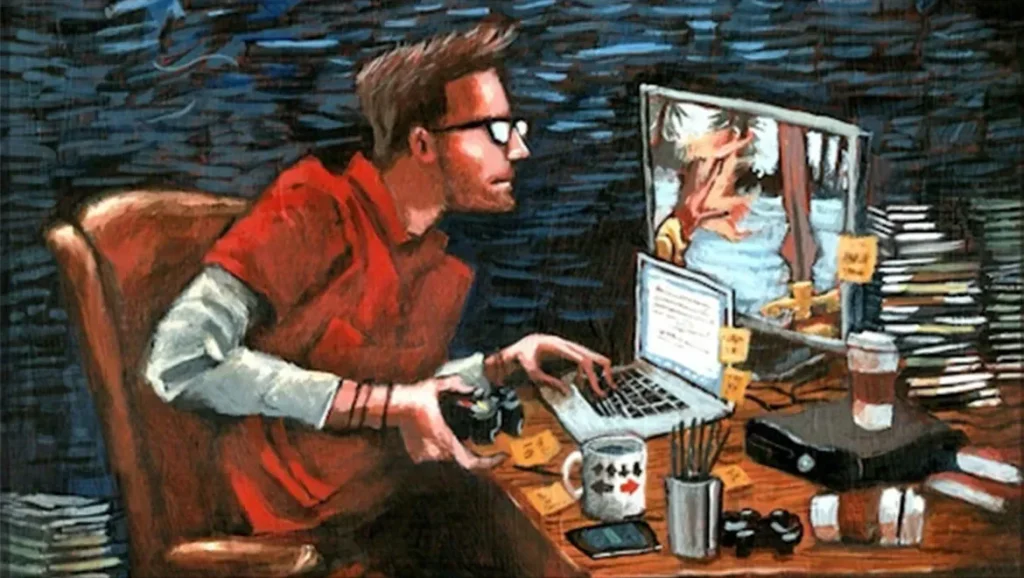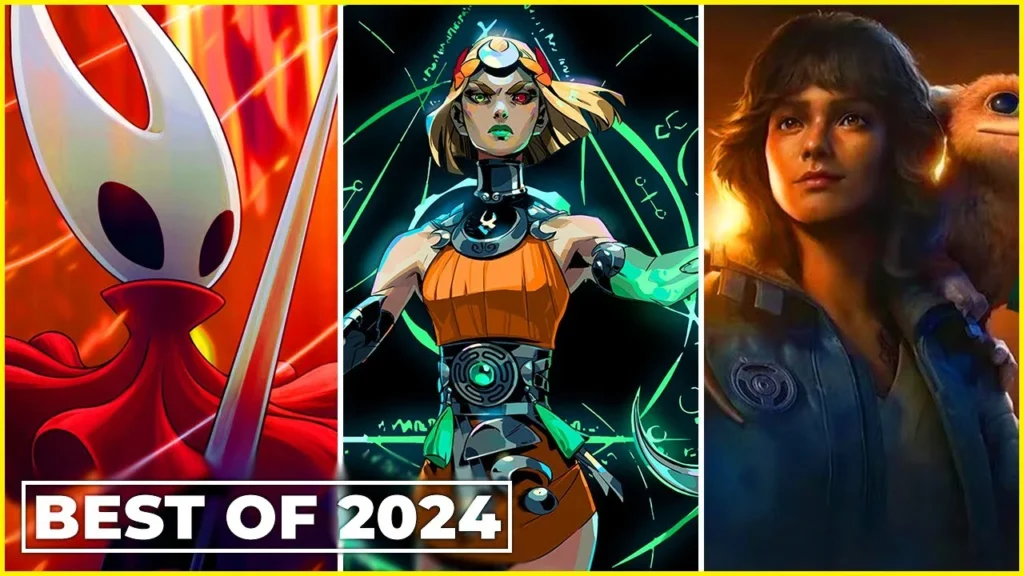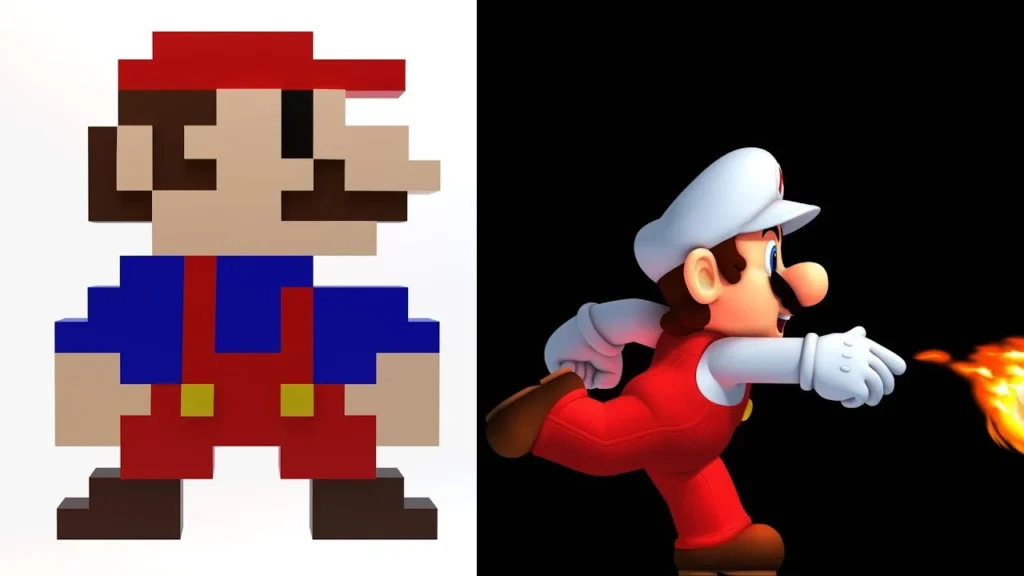In the realm of modern storytelling, video game writers play a crucial role in crafting immersive narratives that captivate players and enhance their gaming experiences. As the boundaries between traditional novel writing and video game storytelling blur, many novelists are transitioning to game writing, bringing their unique voices and techniques into this interactive medium. Narrative designers, who focus on creating compelling plots and characters, are becoming increasingly valued in game development as the demand for rich narratives grows. This evolution showcases the necessity of skilled writers who can weave intricate video game narratives that engage a diverse audience. With more authors embracing the challenge of video game writing, the landscape of storytelling continues to evolve and surprise us at every turn.
The intersection of literary creativity and interactive entertainment is spawning a new generation of game authors. Often referred to as narrative designers or storytellers, these individuals harness their skills to build engaging experiences within video games. As the art of storytelling in gaming becomes more sophisticated, writers are now exploring the nuances of expressing character development and intricate plots in ways that traditional literature may not allow. This shift allows for the exploration of narrative structures that are unique to video game formats, blending innovation with established writing techniques. As a result, we witness an exciting transformation in how stories are told, merging the realms of fiction with the immersive world of gaming.
Understanding the Transition from Novelist to Video Game Writer
The transition from writing novels to crafting interactive narratives in video games is a fascinating journey for many authors. Novelists often bring a wealth of creative storytelling experience and a keen sense of character development to the gaming industry. Unlike traditional storytelling found in novels, video games require writers to think about player choice and agency, adding layers of complexity to narrative design. This shift not only expands the creative horizons for authors but also enables them to explore where character arcs can lead based on player decisions.
Moreover, the unique constraints and opportunities presented by video game storytelling can rejuvenate a writer’s craft. In video games, narratives often branch out in multiple directions, creating a dynamic environment where players’ choices significantly alter the outcome. This collaborative storytelling aspect encourages novelists to adapt their writing styles, incorporating elements of non-linear storytelling and interactive dialogue, which can breathe fresh life into their conventional narrative techniques.
Frequently Asked Questions
What skills do video game writers need to succeed in video game storytelling?
Video game writers, also known as narrative designers, require a unique blend of skills including storytelling, character development, and an understanding of interactive narratives. Mastery in scriptwriting, dialogue crafting, and experience with game mechanics is crucial, as well as the ability to collaborate with designers and programmers to create engaging game content.
How can novelists transition to game writing in the field of narrative design?
For novelists looking to transition into video game writing, it’s essential to adapt their storytelling skills to the interactive format. This involves understanding player agency, designing branching narratives, and creating immersive worlds that allow players to explore and make choices that affect the story. Networking within the game industry and gaining experience through indie projects can also facilitate this transition.
What are the primary differences between novel writing and video game writing?
The main differences between novel writing and video game writing lie in the narrative structure and audience interaction. Novel writing often relies on a linear progression, while video game writing requires crafting multiple pathways and outcomes based on player choices. Additionally, video game writers must collaborate closely with teams and integrate gameplay mechanics into the storytelling.
How does video game storytelling differ from traditional narrative forms?
Video game storytelling differs from traditional narratives by incorporating interactivity, allowing players to influence the storyline through their choices. Unlike novels, which deliver a fixed narrative, video games often include multiple endings, side quests, and Easter eggs that enhance engagement and create varied experiences based on player actions.
What role do narrative designers play in the creation of video game narratives?
Narrative designers are crucial to the development of video game narratives. They design the storyline, create dialogue, and develop character arcs while ensuring that the narrative integrates seamlessly with gameplay. This role requires a deep understanding of storytelling dynamics and the ability to write for interactive environments where player choices shape the narrative.
Are there any successful examples of novelists who have moved into video game writing?
Yes, many novelists successfully transition into video game writing. Notable examples include Jon Ingold, who transitioned from writing novels to becoming a narrative designer, and Harry Josephine Giles, who has crafted both games and novels, showcasing how the two forms can influence and enhance each other creatively.
What challenges do video game writers face in ensuring players engage with the story?
Video game writers face the challenge of captivating players through engaging narratives that can accommodate varying levels of player involvement. They must balance writing compelling storylines with the freedom players have to deviate from the main narrative, ensuring that all potential pathways remain intriguing and meaningful.
How does the cultural perception of video game writing compare to traditional novel writing?
Cultural perception often views novel writing as a more prestigious form of art compared to video game writing, which is sometimes dismissed as less serious. However, many contemporary creators appreciate the unique joys and creative possibilities in video game writing, often embracing its innovative potential and lower cultural status as a means to explore experimental narratives.
What impact does the rise of video game writers have on the medium as a whole?
The rise of video game writers enhances the medium by introducing richer narratives and more complex character development, leading to an overall improvement in storytelling quality across games. This evolution creates a greater appreciation for interactive storytelling and encourages collaboration between diverse creative fields such as literature and gaming.
How does being a video game writer influence a person’s view of storytelling?
Being a video game writer broadens a person’s understanding of storytelling by emphasizing interactivity, player agency, and the importance of feedback within narratives. Writers learn to construct stories that adapt and evolve based on player choices, fostering a more dynamic approach to the craft of writing that incorporates audience engagement.
| Key Point | Details |
|---|---|
| Cultural Perception | Video game writing is often undervalued compared to novel writing, despite notable authors engaging in both. |
| Shift Between Mediums | Many novelists are transitioning to video game writing for financial stability and creative expression. |
| Economic Realities | The median income for novelists is low compared to potential earnings in game writing. |
| Creative Differences | Writers experience distinct processes in novels (focused motivation) and games (interactive storytelling). |
| Cultural Status | Books hold a higher cultural status than games, influencing perceptions of their creators. |
| Emerging Writers | Younger writers are comfortable navigating both novels and video games without hierarchical value judgments. |
Summary
Video game writers are increasingly transitioning from traditional novel writing, recognizing the unique opportunities and financial benefits that the gaming industry presents. This article highlights how the interplay between novels and video games fosters creativity and innovation among authors, reflecting a shift in the cultural landscape that values diverse storytelling. As the boundaries blur, video game writers can leverage their skills in both mediums, crafting narratives that capitalize on interactivity while still embracing the depth and complexity of traditional literature.



